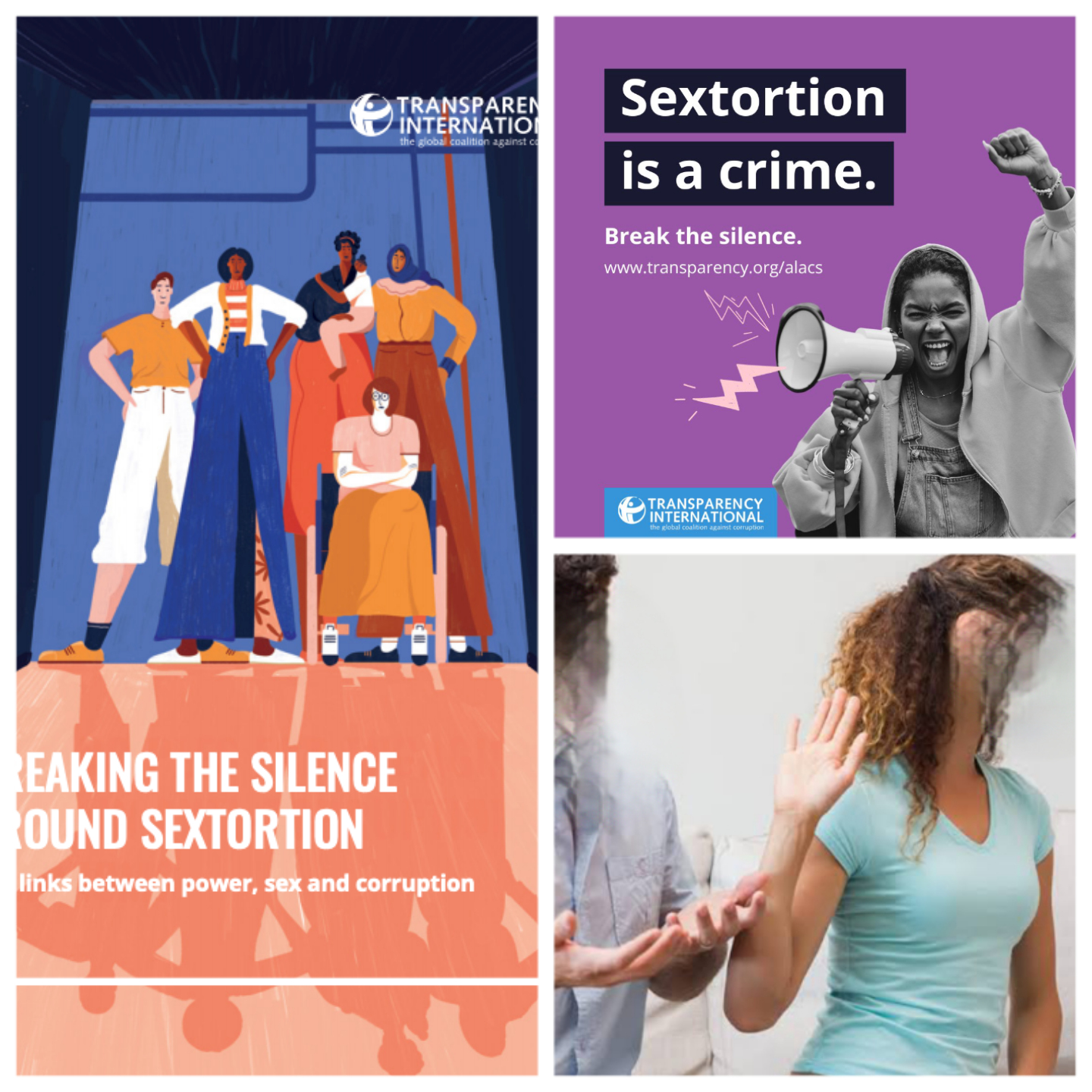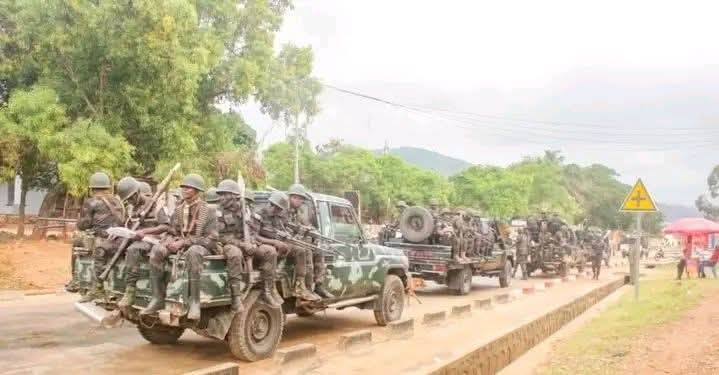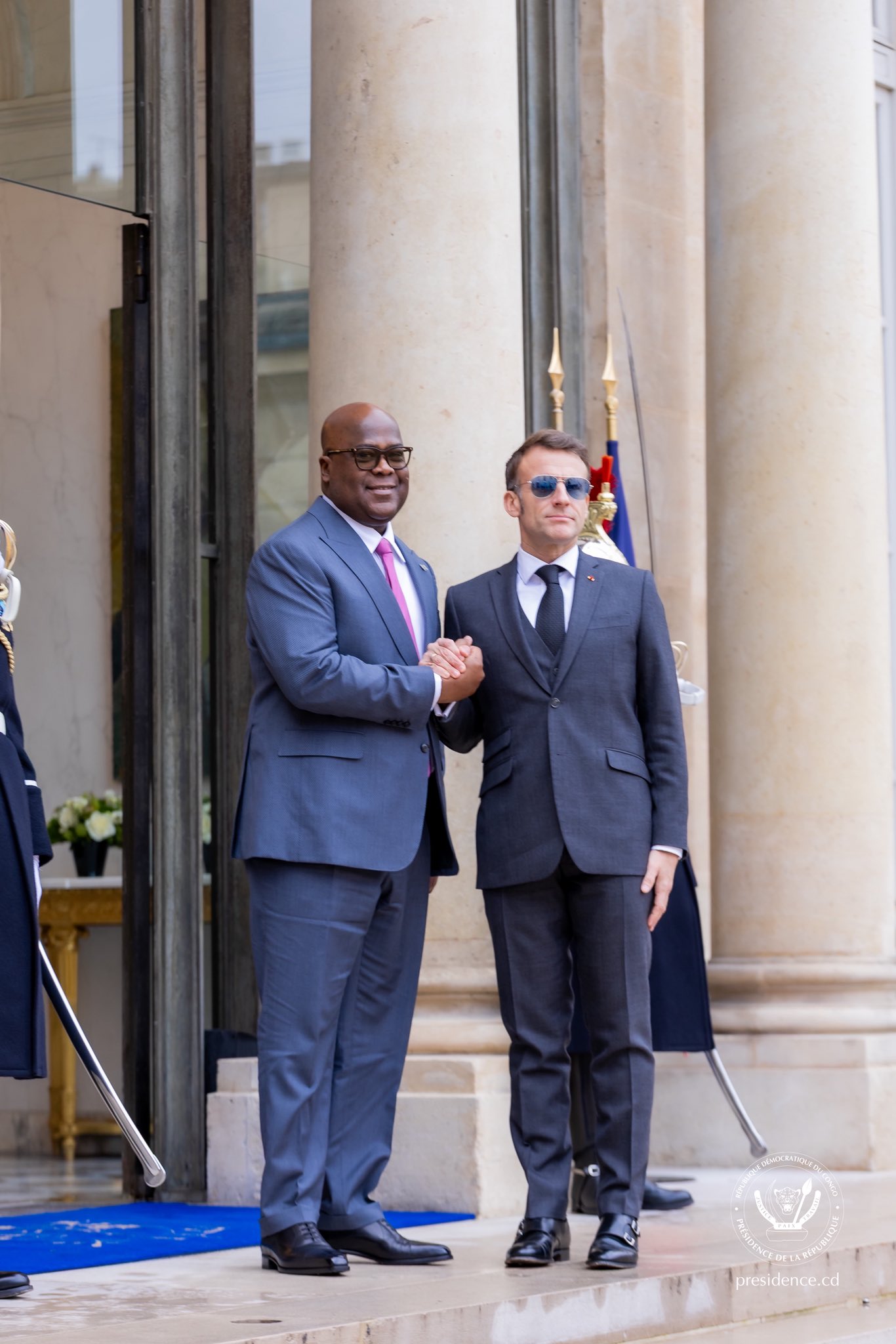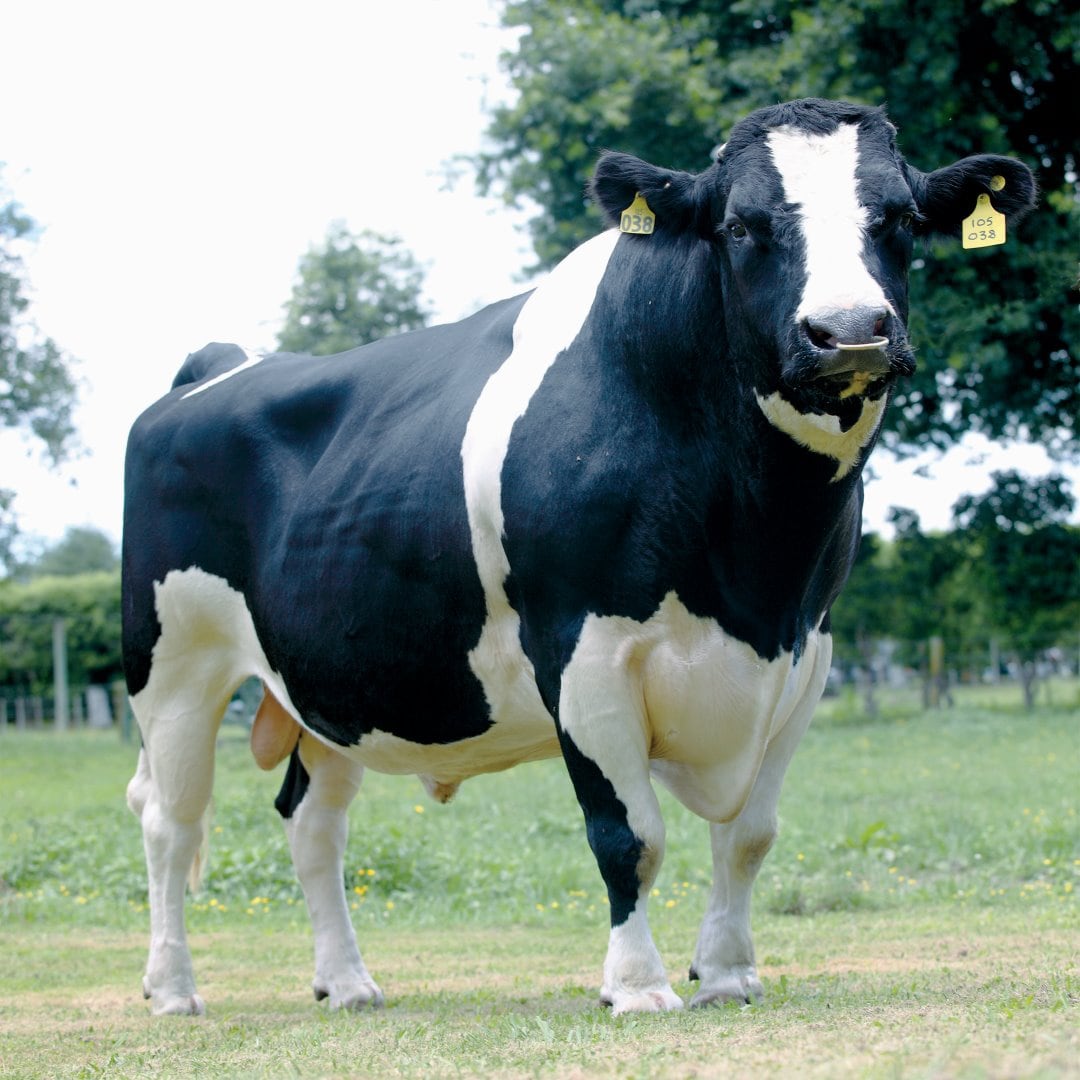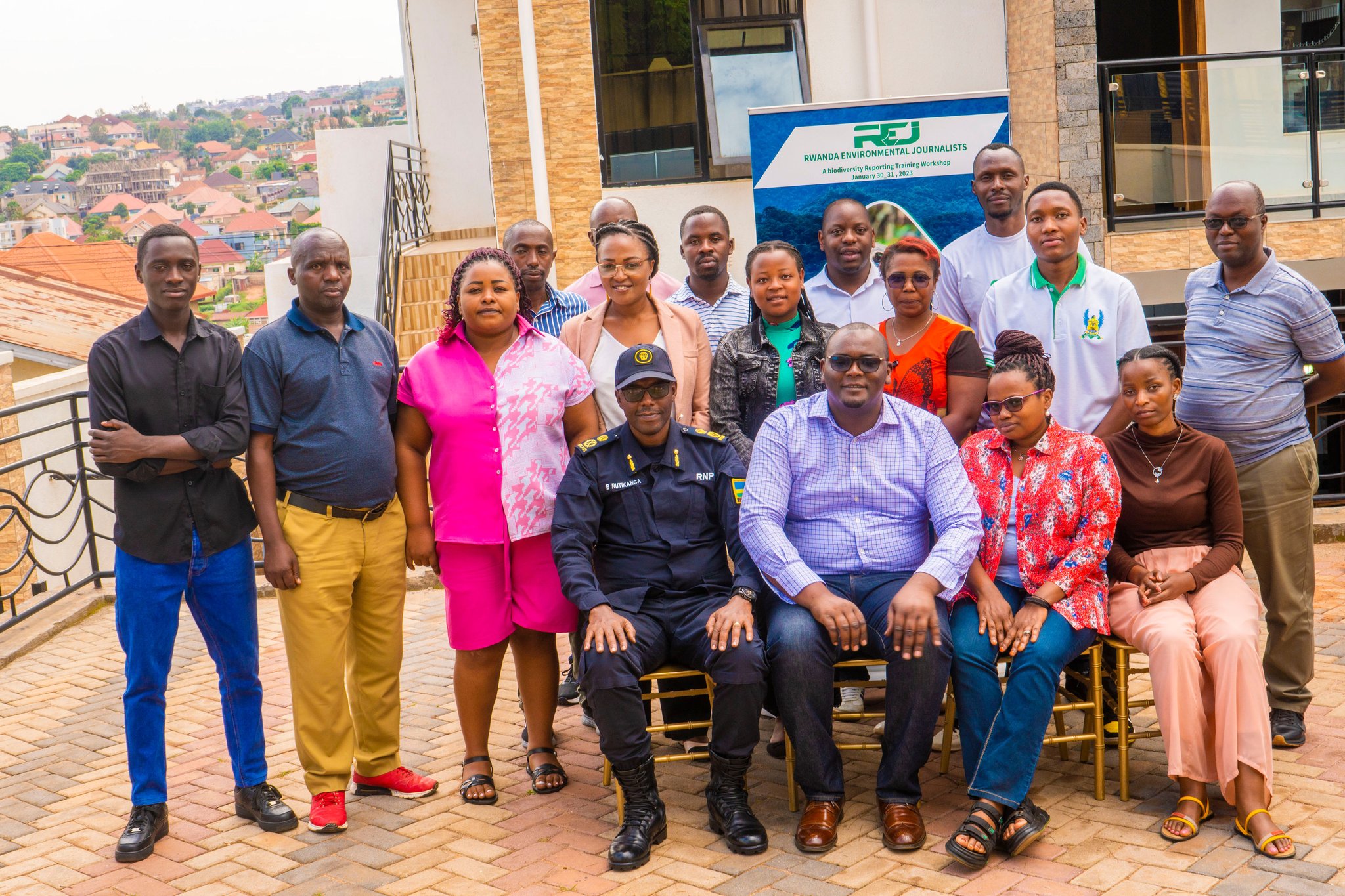
Members of the Rwanda Environmental Journalists (REJ) host the Rwanda National Police Spokesperson, Assistant Commissioner of Police (ACP) Boniface Rutikanga, who delivered an insightful lecture on fact-checking and the importance of accuracy in Journalism.
ACP Rutikanga addressed Media practitioners on the third day of the Environmental Reporting Skills for Impact Phase II training, held on Wednesday, October 15, 2025, stressing that truth and accuracy lie at the heart of effective communication — both for security institutions and the media.
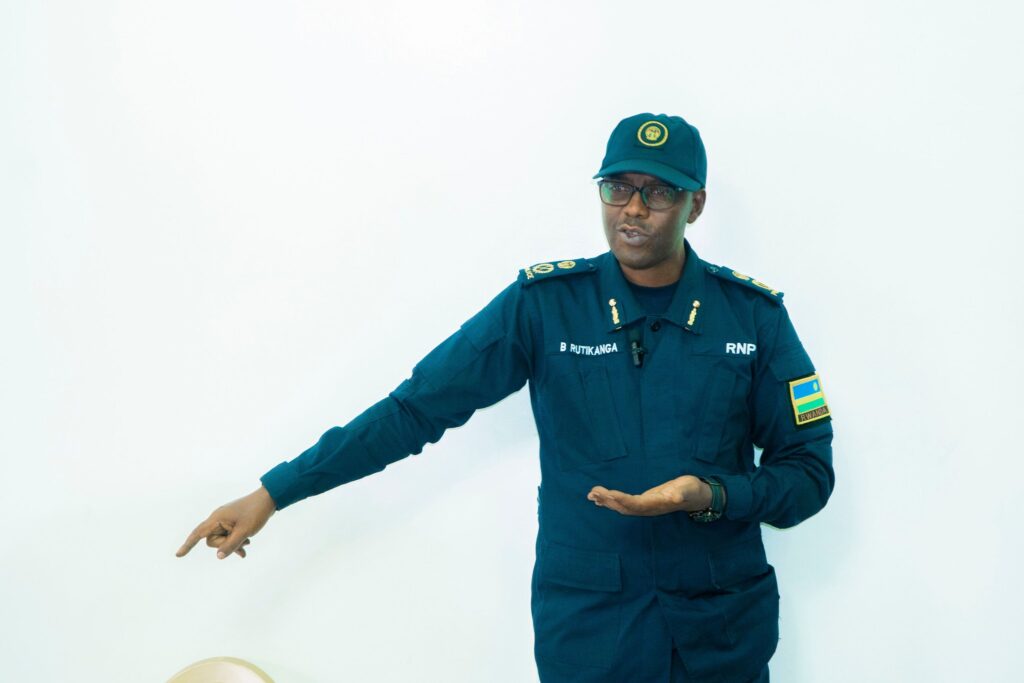
He explained that the Rwanda National Police ensures information credibility through a rigorous verification process that combines technology and on-the-ground investigations to help authorities and citizens make informed decisions.
“Police have representatives across the country, which allows us to verify information thoroughly before sharing it. We use both technology and field investigations to confirm facts,” ACP Rutikanga said.
Among the technological tools the Police employ are drones, CCTV cameras, and helicopters(sometimes ), all used to gather visual evidence and support real-time verification. Officers deployed in the field also play a vital role in collecting firsthand and reliable information.
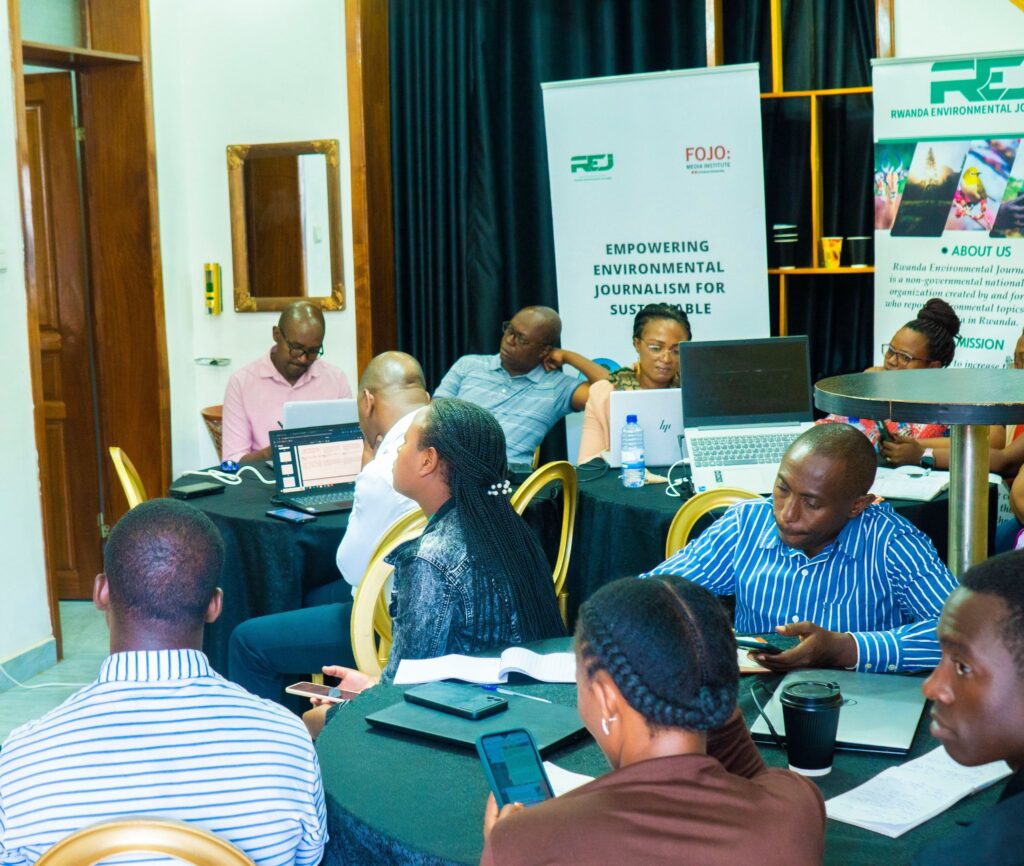
ACP Rutikanga emphasized that professionalism and double-checking every detail are fundamental principles in ensuring credible and trustworthy communication.
He further highlighted that fact-checking is not only essential for law enforcement but also for journalists — especially those reporting on environmental issues.
Accurate reporting, he said, helps journalists to understand truly happened, assess the extent of damage, determine the impact on communities, and identify causes or responsible parties.
To achieve this, he encouraged journalists to maintain patience, objectivity, and commitment, avoiding emotional bias and staying diligent in their pursuit of truth.
“Patience and professionalism are key to maintaining public trust,” ACP Rutikanga reminded the participants.
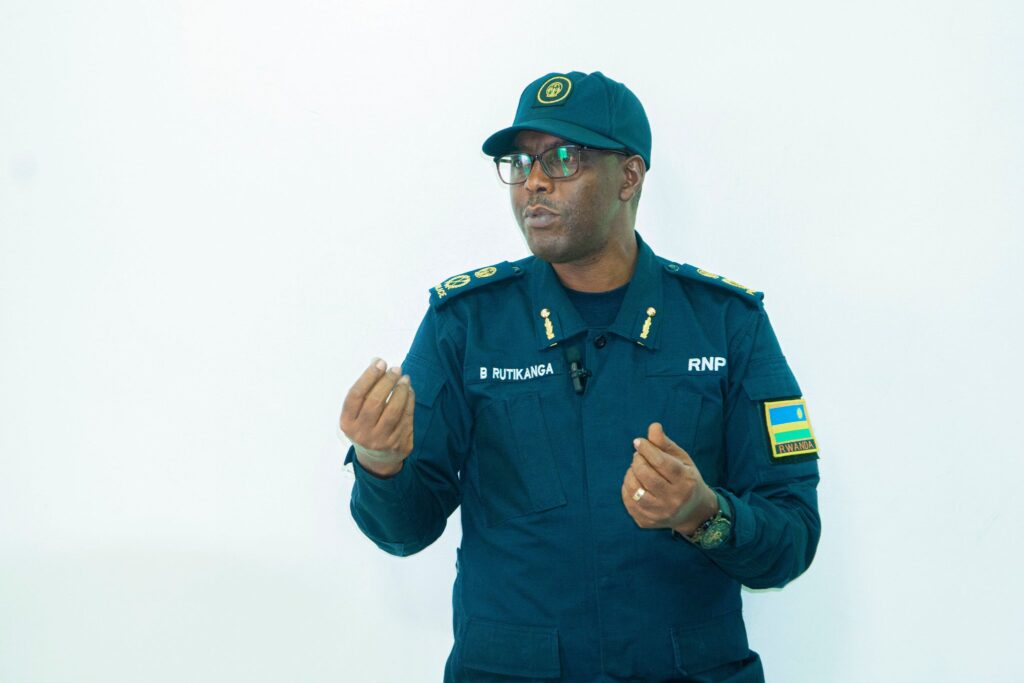
The session was part of an ongoing training organized by REJ in partnership with the Fojo Media Institute, aimed at strengthening the capacity of Rwandan journalists to combat misinformation, counter fake news, and promote credible environmental journalism.
ACP Rutikanga concluded by urging journalists to go beyond reporting events — to educate the public about the environment: explaining what it is, what causes its degradation, its impacts, and possible solutions.



